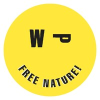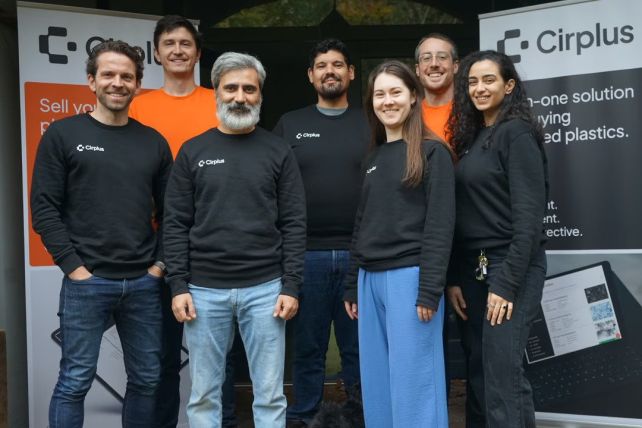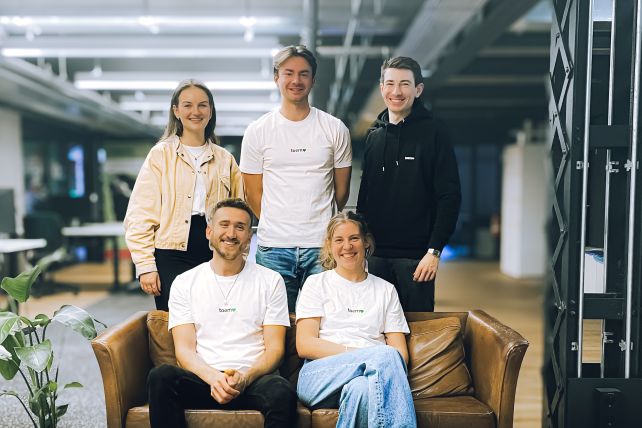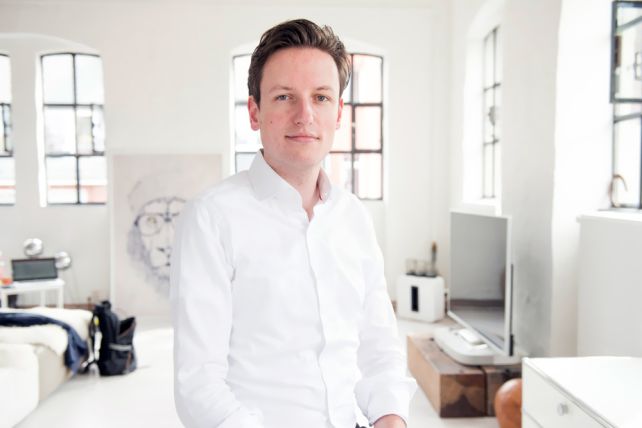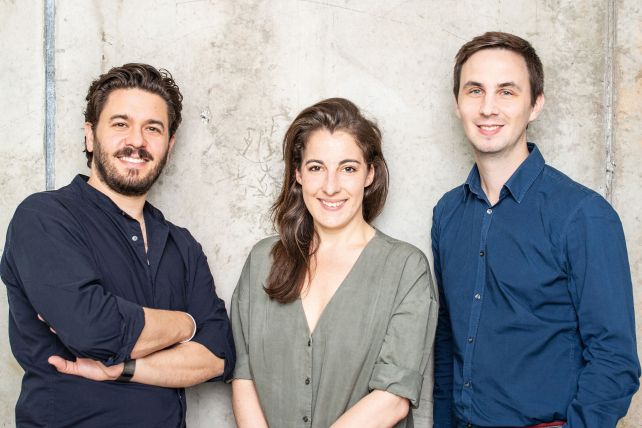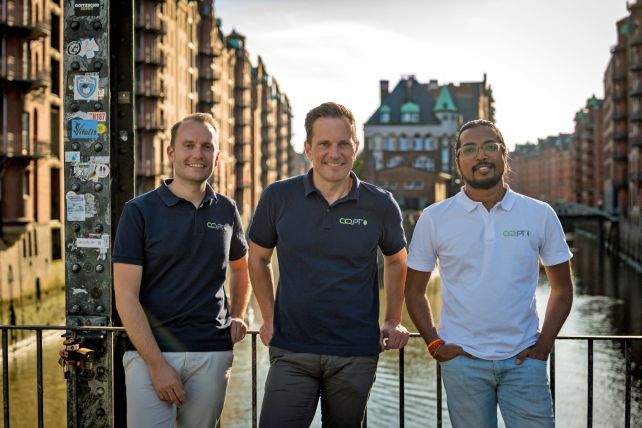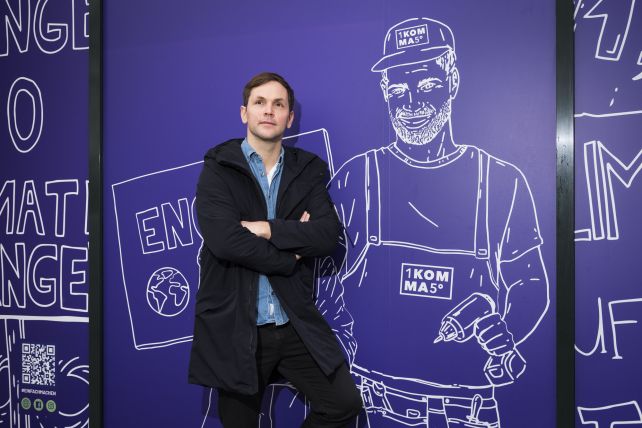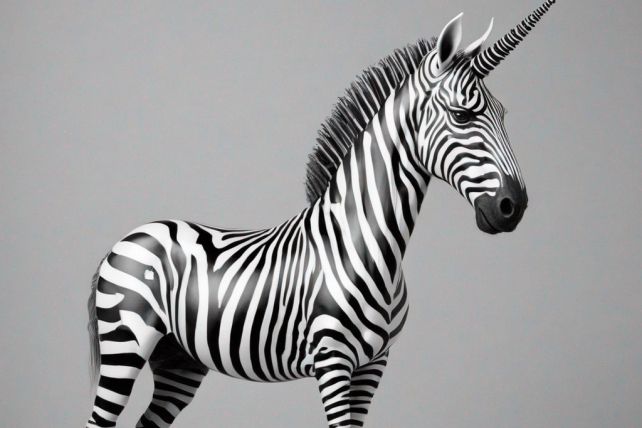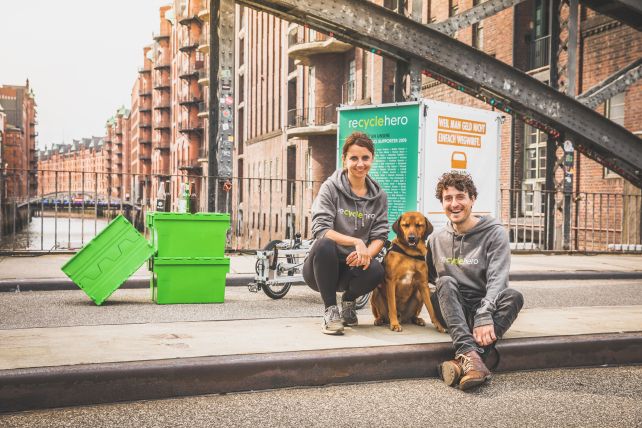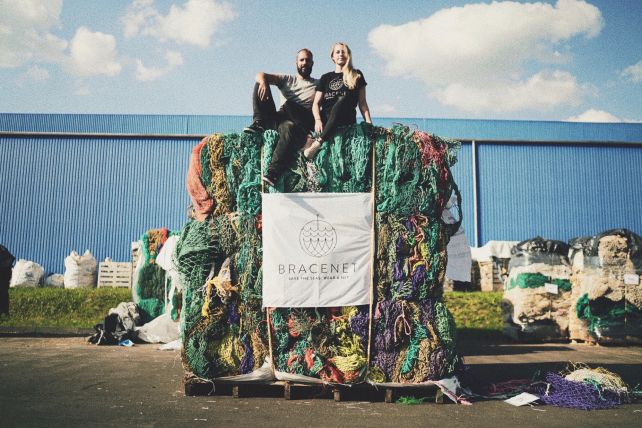
We Germans leave behind two billion plastic bags, three billion disposable cups, 40 billion straws and 16.4 billion disposable bottles every year. 16% of this is not recycled here, but exported, reports the German Environmental Aid. Some 5,000 kilometres away at the coast of Ghana, the waves of the South Atlantic roll on sand and plastic waste. In the West African sun, they glow in all the colours of the rainbow - plastic bags, disposable cups and straws. But what can be done about it? Christian Sigmund also asked himself this question and founded the company Wildplastic together with six others. The company's goal is to bring the plastic scattered in the wild all over the planet back into a cycle of use.
While some types of plastic are easily recyclable, others are much more difficult. Film plastic in particular, known as LDPE in technical jargon, is hardly recycled at all. Just 5% of the bags and six-pack carriers produced were recycled in 2017. That's why Wildplastic decided to start doing this in 2018. Once the idea was there, the company was founded in 2019 and things really took off in 2020.

At the beginning, there was a proof of concept. For this, Wildplastic bought plastic waste from Haiti. On the small island nation in the Caribbean, water is largely drunk from disposable drinking bags. Once empty, these are rubbish and there is no local structure to recycle it. By bringing this plastic waste to Europe, the drinking bags could be reprocessed into plastic granulate in the first step. Wildplastic then used them to make a rubbish bag. "It still looked very wild, - milky and still imperfect, but it was tear-resistant and had excellent material quality. For us, that was proof that it was possible and that we could take it to the next level" says Christian.
The next stage was then to expand on this idea. The Wildplastic team looked for partners in the global south to collect plastic, European companies to recycle it and ways to bring it back into circulation here. They have since found all of this and started a new cycle. In regions like West Africa and Southeast Asia, organisations collect the wild film plastic and fill containers with it. The material is then shipped across the sea to Portugal on behalf of Wildplastic, where almost 90% of the container contents are reprocessed into granulate. From the Iberian Peninsula, the plastic continues overland to producers in Central Europe to be made into bin liners or transport bags. These then end up back with the consumers.

Shipping plastic halfway around the world, does that make sense?
This is the question that the Wildplastic team also asked themselves at the beginning. Their answer is a scientific one. "We set up a life cycle assessment and compared the product with those that currently exist, some of which are made of new plastic", tells Christian, "The result was then that a rubbish bag made of wild plastic saves up to 70% CO2, despite all the ways compared to new plastic."
In the future, Wildplastic wants to find partners from even more countries to collect waste. When selecting countries, the startup focuses on the information provided by the UN Environment Programme on which regions of the world have particularly high levels of unmanaged or mismanaged waste. Therefore, the main focus is currently on Ghana, Nigeria, India, Indonesia and Kambodscha. Areas where, according to Christian, up to 80% of the waste is not recycled properly. In the future, the catchment area for wild plastics is expected to grow, because the market for it is there. "The demand for plastic is increasing year on year unfortunately", explains Christian, "In the last 12 months, the price of plastic per kilo has doubled in some cases. For us, that means if we can effectively save plastic from the environment, there's a market for it."
So far, the startup has, according to its own statements, brought 147.471 KG of wild plastic back into circulation since its inception. The next goal for 2023 is to recycle 1.000 tonnes in a year. This should also supply the company's largest partner, the German E-Commerce company Otto, among others. The recycled plastic is currently used to make just under 50% of the mail-order bags for Otto, in addition to the bin liners, and the aim is for this figure to rise to 100% in the future.

